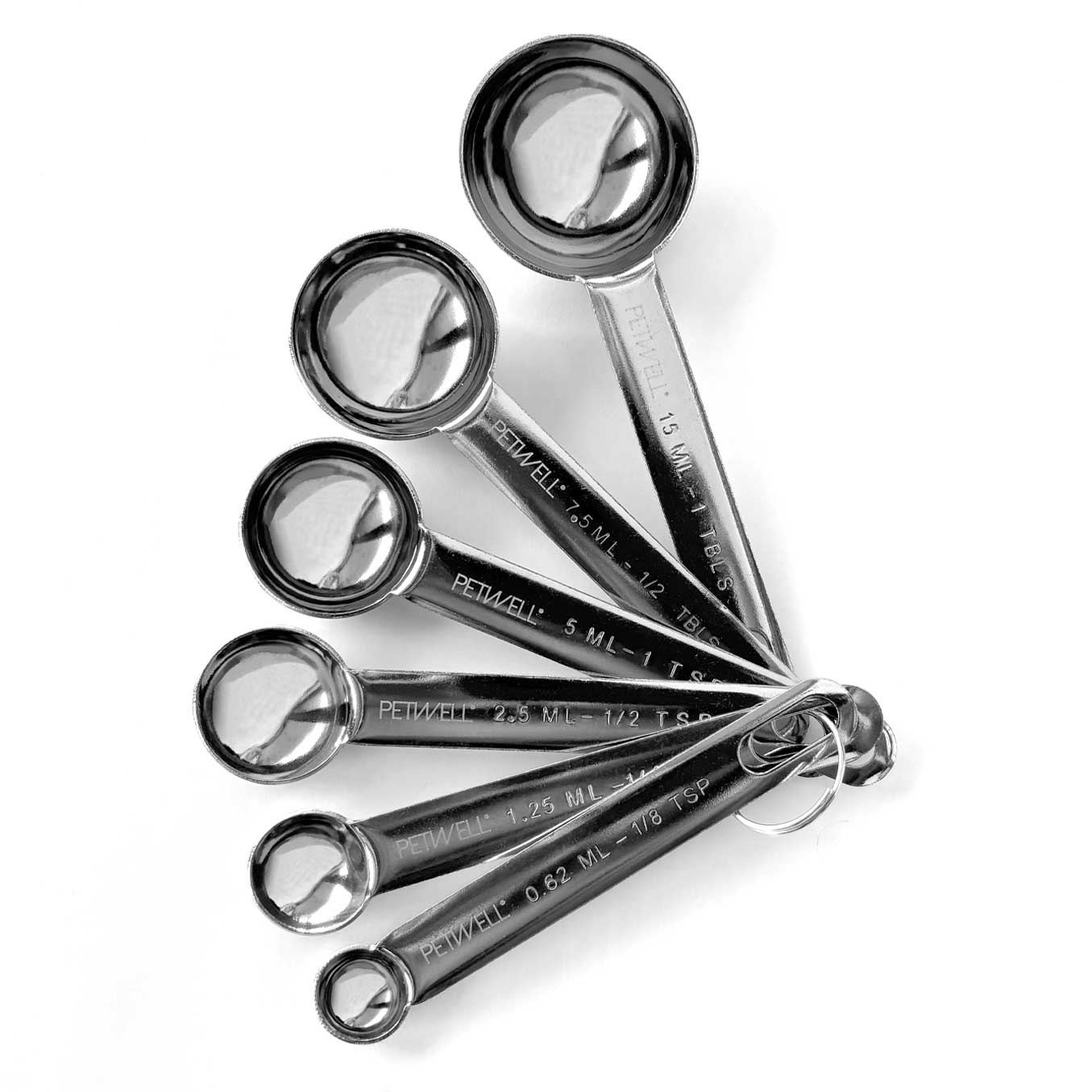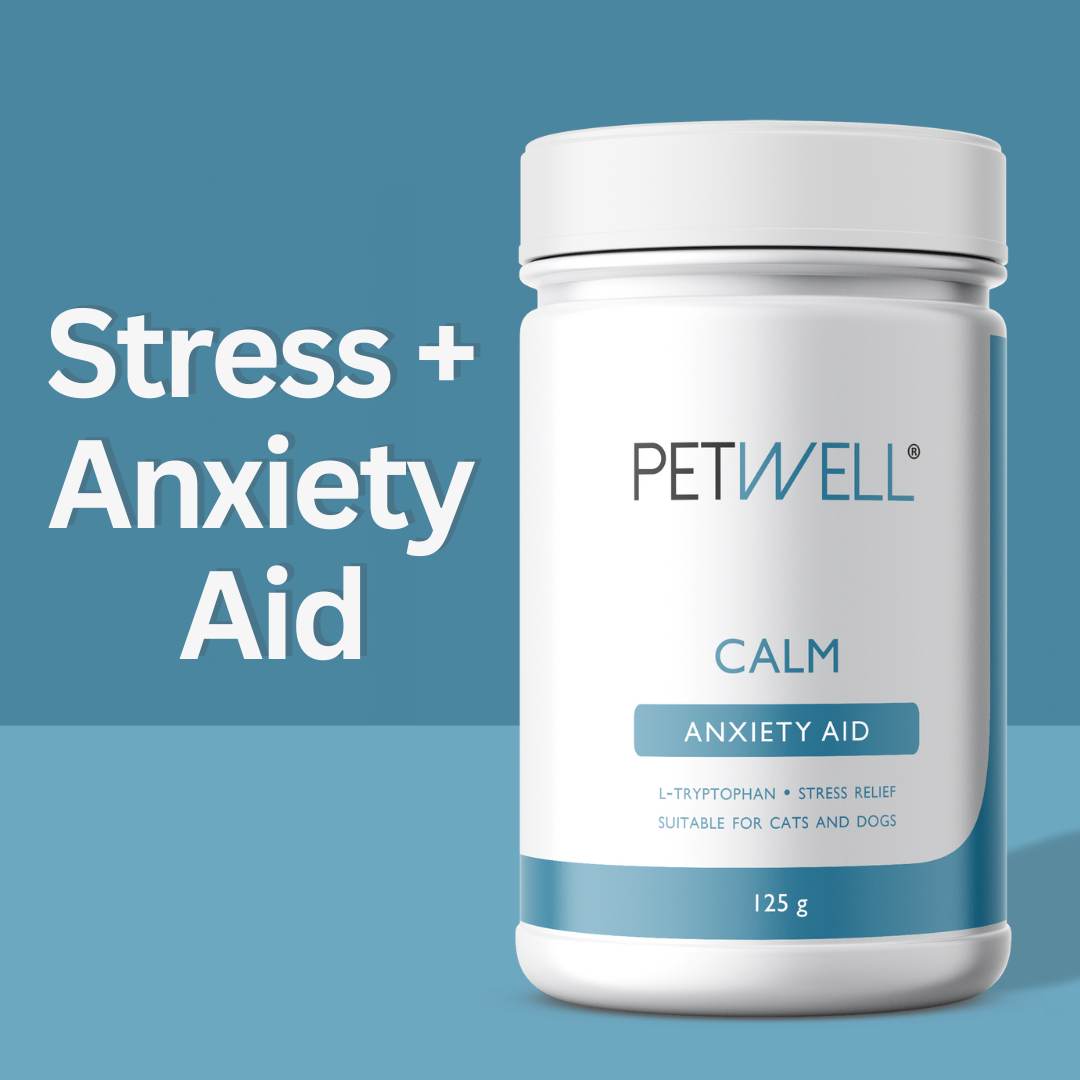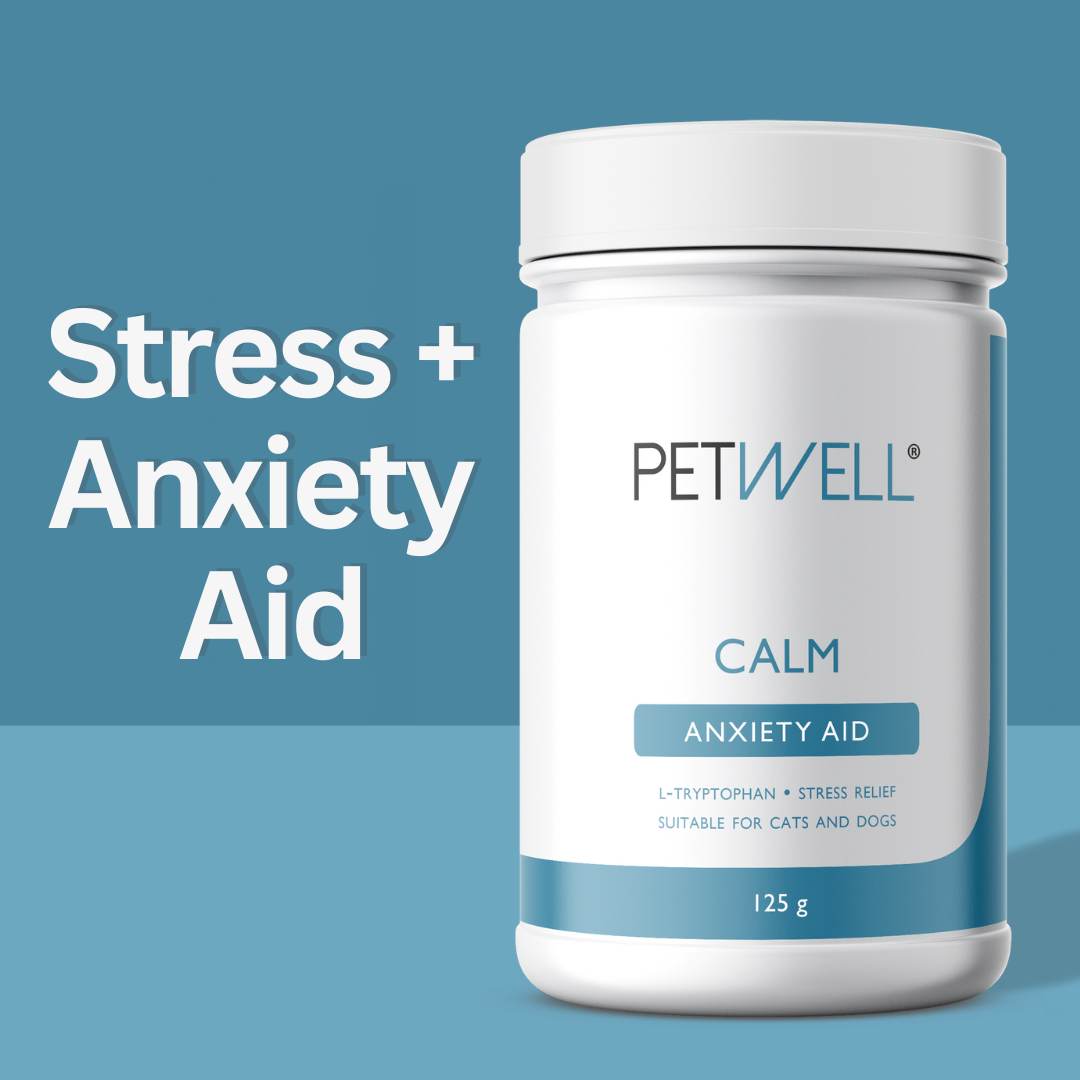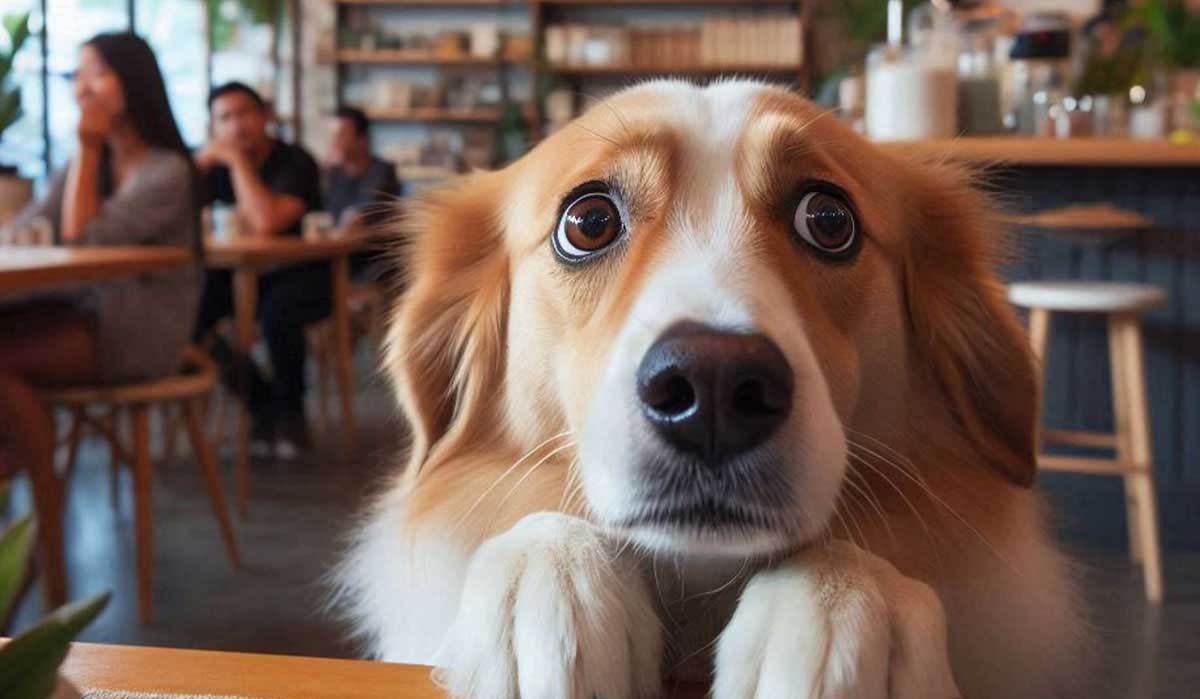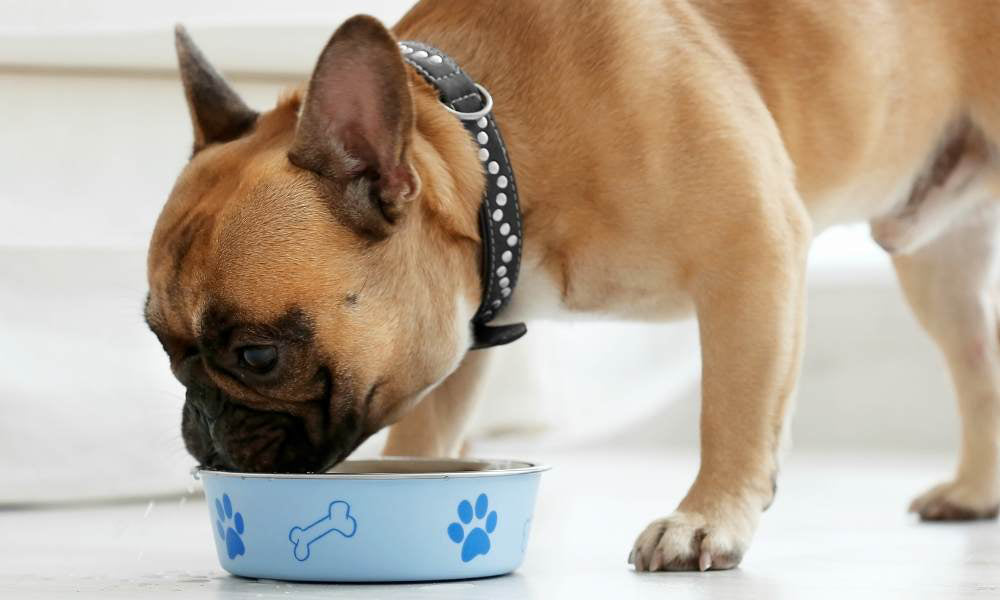Social anxiety in dogs is a common yet often misunderstood condition that can leave both you and your pet feeling stressed and anxious.
Dogs prone to social anxiety may exhibit a variety of behaviours in social situations, ranging from mild discomfort to severe panic.
What is Social Anxiety in Dogs?
Social anxiety in dogs occurs when a dog becomes excessively nervous, fearful, or stressed in social situations. This can include crowded areas, interactions with other dogs or people, or unfamiliar environments. If left unaddressed, social anxiety can lead to serious behavioural problems.
What Causes Social Anxiety in Dogs?
The common causes of social anxiety are:
- Lack of Proper Socialisation
- Past Trauma
- Genetic Anxiety
- Being Re-homes
- New Environments
For more on What Causes Anxiety in Dogs? A Quick Guide
Symptoms of Social Anxiety in Dogs
It’s not always easy to identify social anxiety in your dog, as the signs can start off subtle, like panting, drooling, or your dog being quieter than usual.
Here are some common signs to watch for:
- Nipping
- Avoiding Eye Contact or Hiding
- Aggression
- Excessive Panting or Drooling
- Excessive Barking
- Trembling
- Pacing or Restlessness
- Ears Pinned Back and Wide Eyes
For more on Dog Anxiety: Signs to Watch for and How to Calm Your Dog
Proven Techniques to Help Dogs with Social Anxiety
Try these techniques regularly and consistently for best results:
Gradual Exposure and Socialisation
Slowly introducing your dog to social situations can help desensitise them to their triggers. Start with low-stress environments and gradually increase exposure as your dog becomes more comfortable.
Positive Reinforcement
Reward your dog with high value treats such as PetWell freeze-dried treats, praise, or playtime when they exhibit calm behaviour in social settings. This can help reinforce positive associations with social interactions.
Training
A dog behaviourist can provide structured opportunities for your dog to learn how to interact confidently with others in a safe environment.
Routine and Consistency
Predictable and consistent social interactions can create a sense of security, reducing anxiety.
Calming Supplements
Consider using calming supplements designed for dogs with anxiety. Products like PetWell’s CALM supplement can support anxiety management by promoting relaxation in stressful situations. CALM is packed with all-natural ingredients that work together to amplify the benefits of reducing stress and anxiety for your dog.
PetWell CALM + LAMB functional treats, infused with CALM supplement, can be used when your dog is showing signs of calm when in a social environment.
If your dog is showing extreme social anxiety, remove them from the environment and consult with a professional dog behaviourist.
How Social Anxiety Affects Dogs’ Behaviour
Social anxiety can have negative impacts on your dog, leading to long-term behavioural problems if not addressed. A dog suffering from social anxiety may struggle with:
- Difficulty Socialising: Leading to isolation and increased anxiety.
- Aggression: This can be a dangerous outcome of social anxiety.
- Chronic Stress: Prolonged anxiety can lead to chronic stress, which can negatively impact a dog’s physical health, including their immune and digestion system. Read more on the link of stress and immunity
Read more about What is Dog Anxiety: Causes, Symptoms & Solutions
In Summary
Social anxiety in dogs is a manageable condition with the right approach. By knowing what to look for implementing these strategies to help your dog cope, you can improve their quality of life and foster a more confident pooch.
Disclaimer: The entire contents of PetWell emails and website are not to be taken as medical advice. The team at Pet Squad Pty Ltd trading as PetWell encourages you to make your own pet healthcare decisions based on your research and in partnership with a qualified pet healthcare professional.





